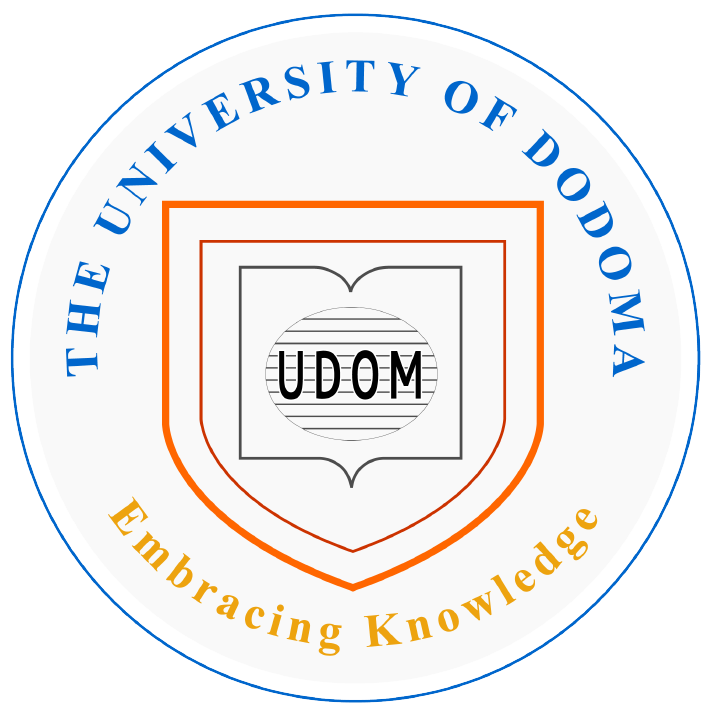Abstract
This study examined the challenges and coping strategies in providing guidance and counselling services to students with disabilities in three inclusive secondary schools in Dar es Salaam, Tanzania. The study employed a qualitative research approach with an exploratory research design. Data were collected through semi-structured interviews, focus group discussions, and observation methods. The research involved 32 participants, comprising three school heads, five teacher-counsellors, and 24 students with disabilities. The findings revealed six main challenges affecting counselling services: lack of training, resource constraints, communication barriers, multiple professional roles, lack of safe counselling spaces, and gender imbalances. The study also noted that teacher-counsellors employed various coping strategies, such as conducting outdoor counselling sessions, collaborating with special education teachers and senior female staff, and utilizing peer assistance. However, systemic barriers—such as risks to confidentiality and inaccessible physical facilities were noted to limit the effectiveness of these approaches. To enhance the delivery of guidance and counselling services, the study recommends that the Ministry of Education, Science, and Technology should offer regular, disability-focused counselling training, including instruction in sign language and reduce the workload of teacher-counsellors. Furthermore, the government should invest in accessible counselling rooms furnished with appropriate resources. Strengthening collaborations with Non-Governmental Organisations and utilising online platforms can further improve training opportunities and resource availability.

